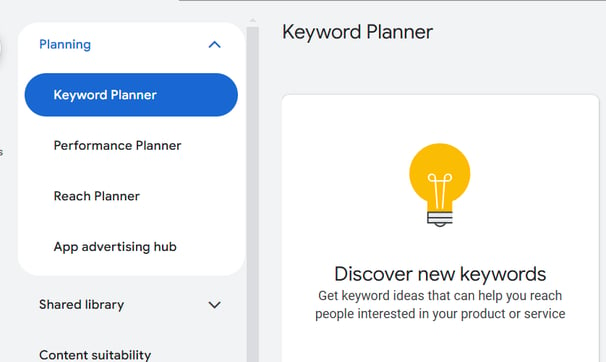Google Ads Keyword Research 2025: What, Why, & How.
PPC


Discover the essentials of Google Ads keyword research in 2025! Learn what it is, why it matters, and how to identify the right keywords to maximize your campaign performance. Stay ahead with actionable tips and AI-driven strategies to boost your ad visibility and ROI.
Google Ads Keyword Research 2025: What, Why, and How
Keyword research will still be the main thing in 2025 that will make a campaign on Google Ads a success. But, what is keyword research in the actual sense, why is it important, and how can businesses do it well in this competitive environment today?
What is Keyword Research?
Keyword research is the process of identifying the words and phrases that your target audience uses online to search for something. The words are tools that help in the structure and targeting of your Google Ads strategy, thus your ads show up for the most appropriate searches.
Why Should We Care?
Keywords are the bridge between user intent and the things your company sells. The right choice of keywords increases visibility, click-throughs, and thus channeling the proper ad budget. With the change of the Internet users behavior and AI-powered search engines like Google Bard being a trend, the knowledge of the intention behind the keywords is very imperative.
How to Do Keyword Research in 2025
In 2025, effective keyword research is a multifaceted exercise that uses new technologies, tools, and changes in user behavior. Thus, here is a step-by-step guide, explained in detail:
1. Leverage AI-Powered Tools
AI has been continuously changing the environment of the digital advertising industry. Tools such as Google Keyword Planner, SEMrush, and AI-based platforms can help predict search trends, uncover long-tail opportunities, and refine keyword lists based on real-time user intent.
2. Focus on User Intent
Informational: Users desiring knowledge (for example, "how to start a blog").
Navigational: Users trying to find specific brands or services (for example, Google Ads dashboard).”
Transactional: The most effective terms for the buyer's intent are the ones that indicate the purchase intent such as “buy running shoes online”- the alignment of keywords with the campaign goals is important for the better targeting and higher ROI.
3. Utilize Voice Search Optimization
With voice assistants that allow more people to use voice search, focus on smooth, conversational sentences and questions (e.g., “What’s the best way to advertise online?”). These types of keywords tend to be less competitive and more useful/reflective for the users.
4. Incorporate Location-Based Keywords
Local searches are becoming more. Use locus-specific keywords (e.g., “best coffee shop in Toronto”) to gain the attention of customers from the targeted area. The combination of Google My Business with these keywords will enhance the visibility of your business.
5. Analyze Competitor Keywords
Leverage SpyFu or SEMrush tools to find out the phrases that your rivals are focusing on. Such a finding can be the driving force for the search for more opportunities and the detection of the vulnerabilities in your strategy.
6. Refine Through Campaign Data
After the methodology has been implemented you have to continue to calculate performance indicators. Make use of the reports from Google Ads to find the keywords that have high rates of success, and eliminate the ones with low CTR or high CPC, as well as run new tests.
